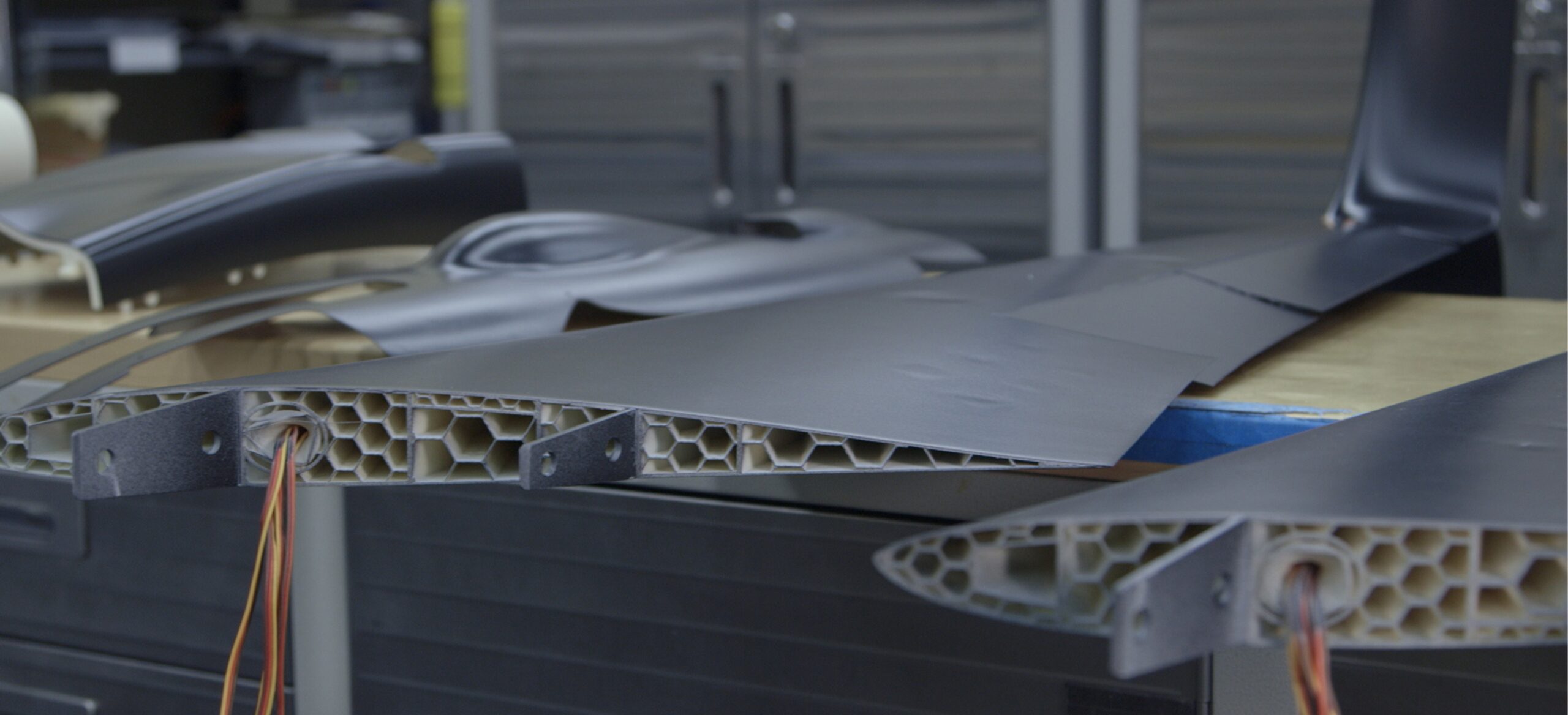Dubai, renowned for its vibrant business environment and strategic location, is a prime destination for businesses and professionals from around the globe. Among the various professional licenses available, an audit license is particularly significant for those in the financial and consulting sectors. This article provides a comprehensive guide on the cost, requirements, and process for obtaining an audit license in Dubai.
Understanding the Importance of an Audit License
An audit license authorizes professionals and firms to perform auditing services, which include examining financial records, ensuring compliance with regulations, and providing financial advice. Holding an audit license enhances credibility and trust with clients, demonstrating a commitment to professionalism and adherence to regulatory standards.
Cost of Obtaining an Audit License
The cost of obtaining an audit license in Dubai can vary based on several factors, including the type of firm (mainland or free zone), the size of the firm, and additional services required. Here is a general breakdown of the costs involved:
- Registration Fee: The initial registration fee with the Department of Economic Development (DED) or the relevant free zone authority can range from AED 10,000 to AED 20,000.
- Trade Name Reservation Fee: Reserving a trade name typically costs around AED 600 to AED 1,200.
- Initial Approval Fee: The initial approval from DED or the free zone authority usually costs between AED 1,000 and AED 3,000.
- Office Rent: The cost of renting office space varies significantly depending on the location. In free zones, the cost might be included in the package offered, ranging from AED 15,000 to AED 50,000 annually.
- Professional License Fee: The fee for a professional license ranges from AED 5,000 to AED 15,000 annually.
- Visa Fees: If the firm will sponsor employees, visa fees per employee can range from AED 3,000 to AED 5,000.
- Additional Costs: These can include document attestation, notarization, and other administrative expenses, typically amounting to AED 2,000 to AED 5,000.
Overall, the total cost can range from AED 30,000 to AED 100,000 or more, depending on the specific requirements and scale of the auditing firm.
Requirements for an Audit License
To obtain an audit license in Dubai, certain requirements must be met:
- Educational Qualifications: The primary applicant must possess a relevant degree in accounting, finance, or a related field. Professional certifications such as CPA (Certified Public Accountant), ACCA (Association of Chartered Certified Accountants), or CMA (Certified Management Accountant) are highly regarded.
- Professional Experience: A minimum of 3-5 years of professional experience in auditing or accounting is typically required. For setting up a firm, the principal auditor should have substantial experience in the field.
- Business Plan: A detailed business plan outlining the services to be offered, target market, projected financials, and business strategy is essential.
- Office Space: Physical office space is a mandatory requirement. This can be in a free zone or on the mainland, depending on the business setup preference.
- Local Sponsorship: For mainland companies, a local sponsor (UAE national) holding 51% ownership is required. Free zones offer 100% foreign ownership.
- Initial Capital: Some free zones may require a minimum capital investment, typically starting from AED 50,000.
Process for Obtaining an Audit License
The process for obtaining an audit license in Dubai involves several steps:
- Choose a Business Structure:
- Decide whether to establish your firm in a free zone or on the mainland. Each has its own advantages and regulatory requirements.
- Trade Name Reservation:
- Reserve your trade name through the DED or the relevant free zone authority. Ensure the name complies with UAE naming regulations.
- Initial Approval:
- Obtain initial approval from the DED or the free zone authority. This involves submitting your business plan and other necessary documents.
- Office Space:
- Secure office space in a suitable location. For free zones, this might be included in the package. For mainland setups, lease agreements need to be notarized.
- Document Preparation:
- Prepare and notarize all required documents, including the Memorandum of Association (MOA), Articles of Association (AOA), and lease agreement.
- Submit Application:
- Submit your application along with the required documents and fees to the DED or the free zone authority.
- Receive License:
- Once your application is processed and approved, you will receive your professional audit license.
- Visa Processing:
- If applicable, process visas for you and your employees.
- Bank Account:
- Open a corporate bank account to manage your firm’s financial transactions.
Post-Licensing Compliance
After obtaining your audit license, it’s important to adhere to ongoing compliance requirements:
- Renewal: The audit license must be renewed annually. Ensure timely submission of renewal applications and payment of fees.
- Regulatory Compliance: Stay updated with local regulations and ensure compliance with all financial reporting and auditing standards.
- Continuous Professional Development: Engage in continuous professional development to maintain your professional certifications and stay current with industry best practices.
Conclusion
Obtaining an audit license in Dubai is a strategic move that can open doors to numerous business opportunities. While the process involves significant planning, adherence to regulatory requirements, and financial investment, the benefits of establishing a reputable auditing firm in Dubai are substantial. By understanding the costs, meeting the requirements, and following the outlined process, you can successfully navigate the path to becoming a licensed auditor in Dubai’s dynamic business landscape.











